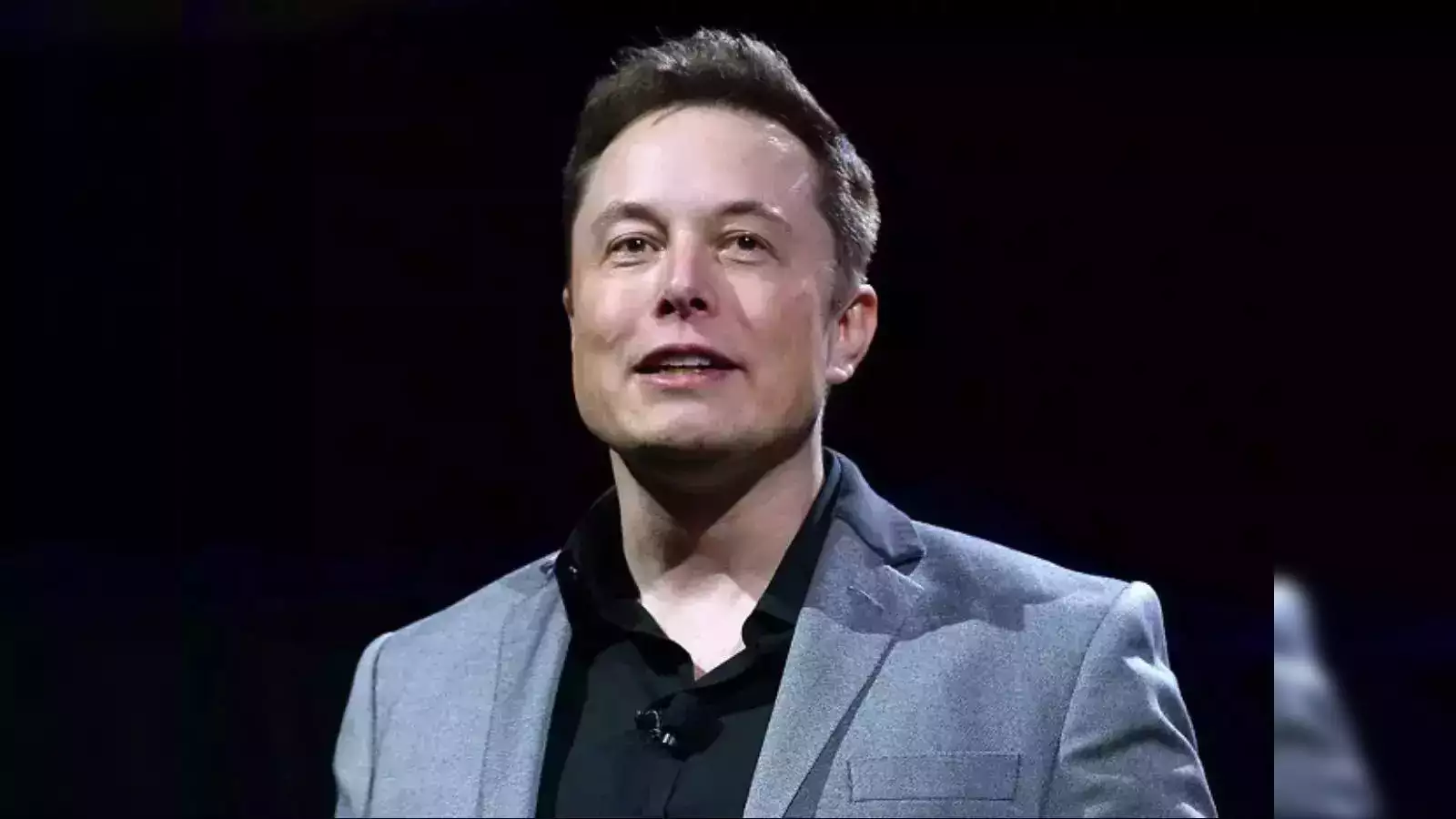Tech tycoon Elon Musk declared that his brain-machine interface startup, Neuralink, had successfully implanted its wireless brain chips in a human patient, marking a significant advancement in the field. The treatment indicated “promising” brain activity, according to the notification posted on X (previously Twitter), and the patient is supposedly “recovering well.”
The grandiose objective of Neuralink is to directly interface human brains with computers, mainly to treat intricate neurological disorders. In the realm of brain-computer interfaces, this is a major turning point because human implants of these devices have only been accomplished by a small number of companies.
Although King’s College London professor Anne Vanhoestenberghe recognized the importance of this accomplishment, she underlined the necessity of long-term assessment to ascertain actual progress. The scientific community is awaiting additional information and third-party confirmation of Musk’s assertions.
Neuralink is one of the few businesses advancing brain-machine interfaces. By using electronic implants in his brain and spine, the École Polytechnique Fédérale in Lausanne (EPFL) was able to help a man who was paralyzed walk. Nevertheless, there is no independent confirmation of Musk’s statement, and Neuralink has not disclosed any precise information regarding the process.
Neuralink has faced scrutiny in the past, with reports of animal testing resulting in the deaths of approximately 1,500 animals. However, the head of the US Department of Agriculture stated in 2023 that no violations of animal research rules were found, though a separate investigation is ongoing.
Elon Musk’s company obtained FDA approval in May 2023 to conduct human testing of the brain chip. The six-year study involves surgically placing 64 flexible threads onto a specific part of the brain that controls “movement intention.” These threads, thinner than a human hair, are designed to record and transmit brain signals wirelessly to an app for decoding.
Neuralink’s first product, named Telepathy, aims to allow users to control devices by mere thought. Initial users, according to Musk, will be individuals who have lost the use of their limbs, envisioning a future where those with neurological disorders can communicate more efficiently.
While Musk’s involvement has brought Neuralink into the spotlight, other companies in the brain-machine interface space, such as Blackrock Neurotech and Precision Neuroscience, have decades-long track records. The field is evolving, with potential applications ranging from helping paralyzed individuals to enabling faster communication for those with conditions like motor neurone disease. As the industry progresses, these interfaces may become more commonplace, though widespread availability is likely many years away.

